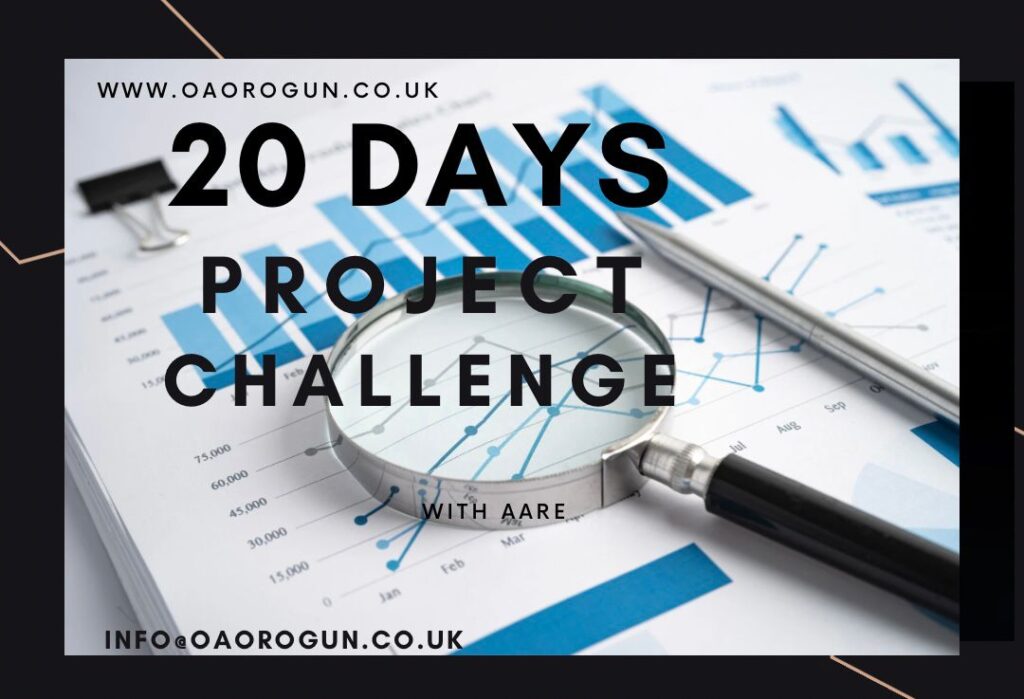Breaking into data science requires more than just technical skills—you need a compelling portfolio, a well-structured resume, and solid interview preparation. This guide will walk you through the essential steps to showcase your skills effectively and land your dream role.
1. Creating an Impactful Data Science Portfolio
A well-crafted portfolio demonstrates your technical abilities, problem-solving skills, and real-world application of data science. Here are some key resources to help you build a strong portfolio:
- Data Science Portfol.io – A platform to create and showcase your projects.
- DataQuest Guide to Data Science Portfolios – Explains how to structure your portfolio effectively.
- DataCamp Portfolio Guide – Includes examples of strong portfolios.
- 365 Data Science Guide – Detailed advice on selecting the right projects.
- Video Guides:
What Makes a Strong Data Science Portfolio?
- 3–5 high-quality projects showcasing different skills (e.g., machine learning, data visualization, analytics).
- Business problem-solving approach, not just technical execution.
- GitHub or a personal website to host your work.
- Storytelling—explain why the project matters and what insights were gained.
2. Crafting a Winning Data Science Resume
Your resume is your first impression. Here are top resources to help you create an effective one:
- YouTube Guides on Resume Building
- Data Science Resume Tips
- Optimizing Your Resume for ATS
- Resume Format Tips
Key Tips for a Data Science Resume:
- Keep it one page for early-career roles.
- Highlight impactful projects rather than just listing skills.
- Use quantifiable achievements (e.g., “Built a fraud detection model reducing false positives by 30%”).
- Ensure it is ATS-friendly by using simple formatting.
3. Preparing for Data Science Interviews
Interviews in data science often include technical, behavioral, and case-study questions. Here are some resources to help you prepare:
- Mock Interview Tips (YouTube)
- Common Data Science Interview Questions
- Technical Interview Preparation
- Soft Skills and Behavioral Questions
- Whiteboarding & Coding Challenges
How to Succeed in Data Science Interviews:
- Brush up on algorithms and statistics – Many interviews include SQL queries, Python coding challenges, and machine learning concepts.
- Be ready for case studies – Explain your thought process when analyzing data problems.
- Practice storytelling – Use the STAR method (Situation, Task, Action, Result) for behavioral questions.
- Mock interviews – Practice with peers or online platforms.
Conclusion
A successful data science career requires a combination of technical expertise, a strong portfolio, a standout resume, and excellent interview skills. Use these resources to refine your approach and land your next big opportunity in data science!
Have more tips or experiences to share? Drop them in the comments!
